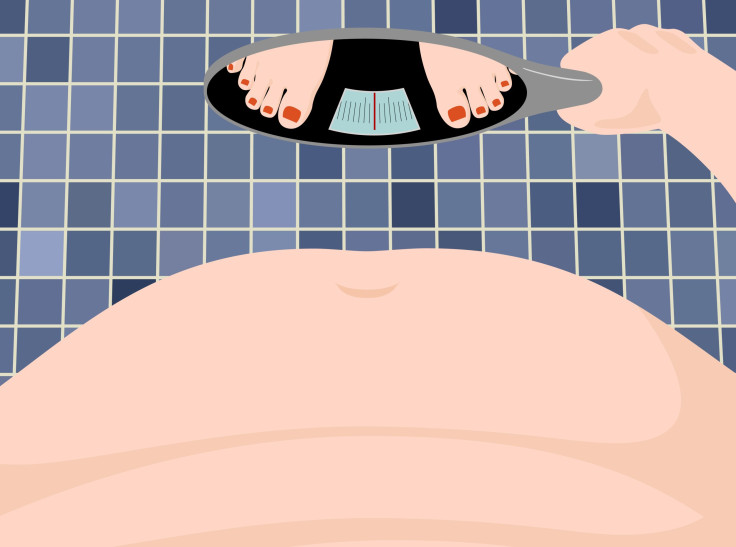Childhood Obesity May Worsen With Inaccurate Self Perception: Why Fat Teens Rarely Think They're Fat

Children growing up in an overweight and obese country are starting to believe it’s normal, and a new study cautions it may lead to more weight gain. Researchers from Georgia Southern University investigated how adolescents view their body weight and compared it to reality. Their findings, published in the American Journal of Preventive Medicine, reveals a potentially serious problem with the obesity epidemic — youth aren’t honest to themselves about their body, which could lead to more weight gain.
"Adolescents with accurate self-perceptions of their body weight have greater readiness to make weight-related behavioral changes and are more effective in making the changes," the study’s lead author Dr. Jian Zhang, from the College of Public Health at Georgia Southern University, said in a press release."
Researchers looked at the body mass index (BMI) data from 1,720 adolescents between the ages of 12 and 16 years in 1988 to 1994, and how they answered the question: “Do you consider yourself to be overweight, underweight, or just about the right weight? ” They extracted the same data along with the survey answers from 2,518 peers of the same age range between the years 2007 to 2012. After categorizing each participant as obese, overweight, or normal weight based on the BMI scale, they compared that reality to how they personally perceived themselves.
An overwhelming majority of their self-perceptions were inaccurate. Teens between the years of 2007 and 2012 thought they were normal, healthy, and not at risk of suffering from health consequences that come from being overweight or obese. According to the Social Comparison Theory, it’s because individuals compared themselves to others rather than making an independent evaluation. Because of the obesity epidemic, a majority of the people in America are either overweight and obese, making it seem normal to be at last overweight in today’s society.
When your friends, family members, teachers, coworkers, and bosses are overweight, it influences how adolescents perceive their own bodies. Zhang cautions that even though they feel like they fit in, making themselves feel better about their bodies, it could easily become a slippery slope of careless weight gain.
In the last 30 years, the rate of childhood obesity has more than doubled in children and tripled in adolescents, according to the Centers for Disease Control and Prevention. The unwavering trajectory of obesity rates stands as one of the greatest threats for future generations. Researchers are scrambling to figure out how to slow down or stagnate the upward climb in weight among youth.
Recently, a research team out of the University of Michigan estimated that just by removing tax breaks from businesses advertising nutritionally poor foods would make a positive impact. In fact, they calculated after just 10 years of tax interventions between 2015 and 2025, it could save $352 million in health care cost savings. Food and beverage TV advertising would lose enough young consumers to add a total of 4,528 quality years of life back into their lives. Children as young as 2 to 5 years old spend an average of 32 hours a week in front of the television, according to the University of Michigan Health System. Eliminating some of the unhealthy advertisements they see may curb their cravings enough to change long-term dietary behaviors.
"Becoming conscious of one's excess weight is the precursor to adopting behavioral changes necessary for appropriate weight control," Zhang said. "The declining tendency of correctly perceiving overweight status presents a vast challenge to obesity prevention among adolescents, making the overweight and obese adolescents less motivated to actively engage in effective weight loss behaviors."
Source: Zhang J. American Journal of Preventive Medicine. 2015.
Gortmaker SL, Sonnerville KR, and Long MW, et al. BMI and Healthcare Cost Impact of Eliminating Tax Subsidy for Advertising Unhealthy Food to Youth. American Journal of Preventive Medicine. 2015.



























